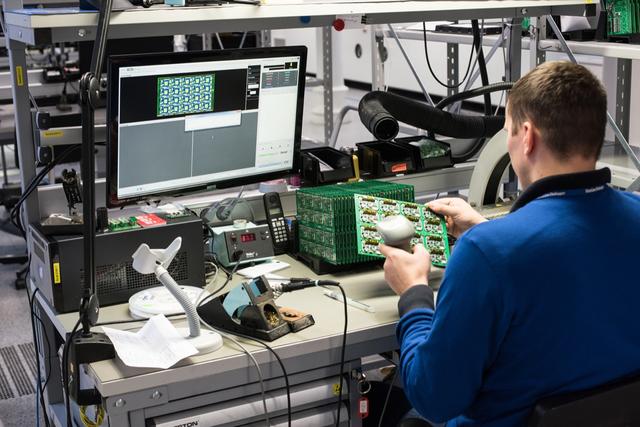Nanotechnologists
Overview

Introduction
The National Science Foundation defines nanoscience as the “ability to manipulate individual atoms and molecules, making it possible to build machines on the scale of human cells or create materials and structures from the bottom up with novel properties.” Scientists study these nanomaterials (a nanometer is one-millionth of a millimeter—or approximately 100,000 times smaller than the diameter of a human hair), and nanosystems engineers use nanomaterials to create new products and for a variety of other uses—ranging from nanomedicine and com...
Quick Facts
Median Salary
Employment Prospects
Minimum Education Level
Experience
Skills
Personality Traits
Earnings
Nanotechnology professionals with associate’s degrees earn salaries that range from $35,000 to $50,000, according to the National Nanotechnology Infrastructure Network. Those with bachelor’s degrees earn $40,000 to $65,000.
The U.S. Department of Labor reports that medical and clinical laboratory technologists (a related career) earned salaries as of May 2019 that ranged from less than $...
Work Environment
Nanotechnologists typically work in laboratories that are clean, well-lighted, and outfitted with the latest technology. Others work in cleanrooms in which they must wear protective suits. In academic and government research laboratories, nanotechnologists work a standard 40-hour week, Monday through Friday. In private industry, they may be required to work occasional nights and weekends to mee...
Outlook
The U.S. Department of Labor’s ONET Online career site predicts slow employment growth for engineering technologists in general, through 2028. However, opportunities should be best for nanotechnologists. According to the National Nanotechnology Initiative, “the possibilities [of nanotechnology] seem limitless, and the future of nanotechnology holds great potential.” Experienced nanotechnologist...
















